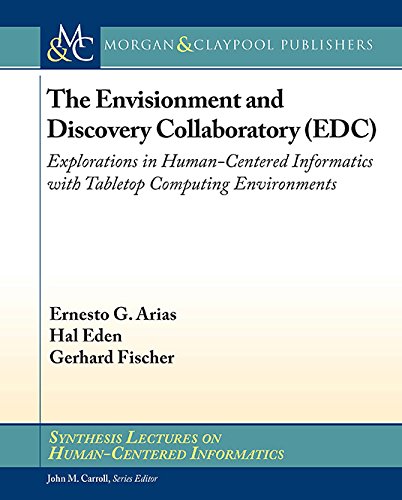

Most ebook files are in PDF format, so you can easily read them using various software such as Foxit Reader or directly on the Google Chrome browser.
Some ebook files are released by publishers in other formats such as .awz, .mobi, .epub, .fb2, etc. You may need to install specific software to read these formats on mobile/PC, such as Calibre.
Please read the tutorial at this link: https://ebookbell.com/faq
We offer FREE conversion to the popular formats you request; however, this may take some time. Therefore, right after payment, please email us, and we will try to provide the service as quickly as possible.
For some exceptional file formats or broken links (if any), please refrain from opening any disputes. Instead, email us first, and we will try to assist within a maximum of 6 hours.
EbookBell Team

4.0
6 reviewsThe knowledge to understand, frame, and solve these problems does not already exist, but is constructed and evolves in ongoing interactions and collaborations among stakeholders coming from different disciplines providing a unique and challenging environment to study, foster, and support human-centered informatics, design, creativity, and learning.
At the social level, the EDC is focused on the collaborative construction of artifacts rather than the sharing of individually constructed items. It brings individuals together in face-to-face meetings, encouraging and supporting them to engage, individually and collectively, in action and reflection. At the technological level, the EDC integrates tabletop computing environments, tangible objects, sketching support, geographic information systems, visualization software, and an envisioned virtual implementation.
This book is based on 20 years of research and development activities that brought together interdisciplinary teams of researchers, educators, designers, and practitioners from different backgrounds. The EDC originated with the merging of two research paradigms from disparate disciplines to build on the strengths, approaches, and perspectives of each. This book describes the artifacts and scenarios that were developed, with the goal of providing inspiration for human-centered informatics not focused on technologies in search of a purpose but on the development of systems supporting stakeholders to explore personally meaningful problems.
These developments have inspired numerous research and teaching activities. The challenges, prototypical systems, and lessons learned represent important milestones in the development and evolution of the EDC that are relevant for future research activities and practices in human-centered informatics.